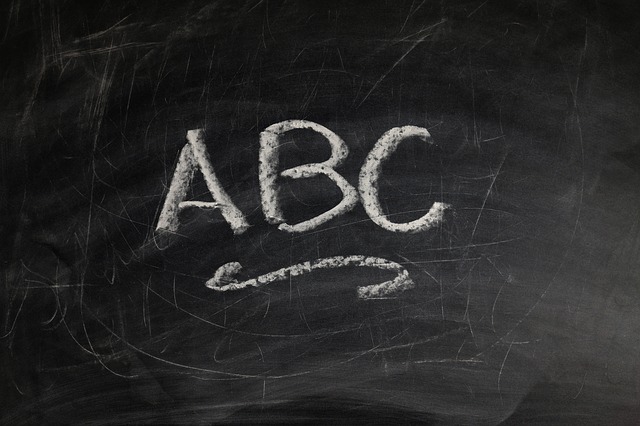Survey: Financial Literacy courses should be taught in schools

As the political Left and progressive activists clamor for student loan debt forgiveness and raising taxes to pay for pie-in-the-sky proposals, such as “Medicare for All,” survey respondents agreed that financial literacy courses ought to be taught in America’s high schools.
The National Financial Educators Council (NFEC), an organization advocating for financial literacy while conducting research and surveys on improving financial literacy, published the results of its survey. According to its results, over 81% of survey respondents said that high schools should offer financial literacy courses. The survey asked 1,211 people the question, “Do you think high school students should take personal finance courses in high school?”
Forty-seven percent said “definitely yes,” and thirty-three percent said “yes” in response to the question. Under ten percent said “maybe,” around four percent said “no” and an additional five percent said “definitely no.”
It is unclear why respondents said “no” and “definitely no,” as the country’s younger generations are saddled with significant amounts of student loan debt for degrees whose earnings would hardly make a dent in loan payments. It has spurred progressive and liberal political candidates, such as multiple 2020 Democratic Party presidential hopefuls, to promise to wipe out student loan debt once elected as President of the United States. Yet, those promises mean taxpayers, wealthy or middle-class, will pick up the tab to pay off the student debt. In other words, it appears that these political candidates lack financial literacy.
The NFEC aimed to “measure people’s opinions about the value of personal finance education relative to other coursework commonly offered in high school.” The organization concluded that “most people across the country agree that financial literacy is a topic that public schools should teach.”
The organization noted that previous findings confirmed similar opinions, such as a survey in which forty-nine percent of respondents chose personal finance as the most beneficial high-school level course.




